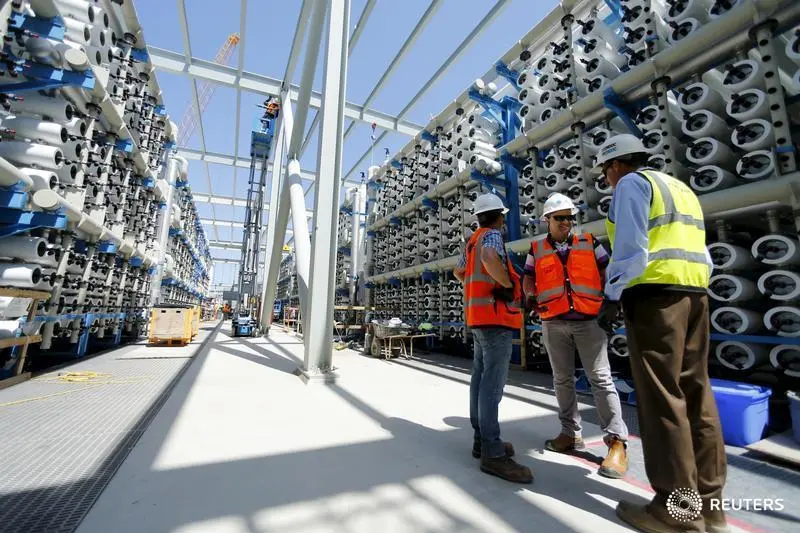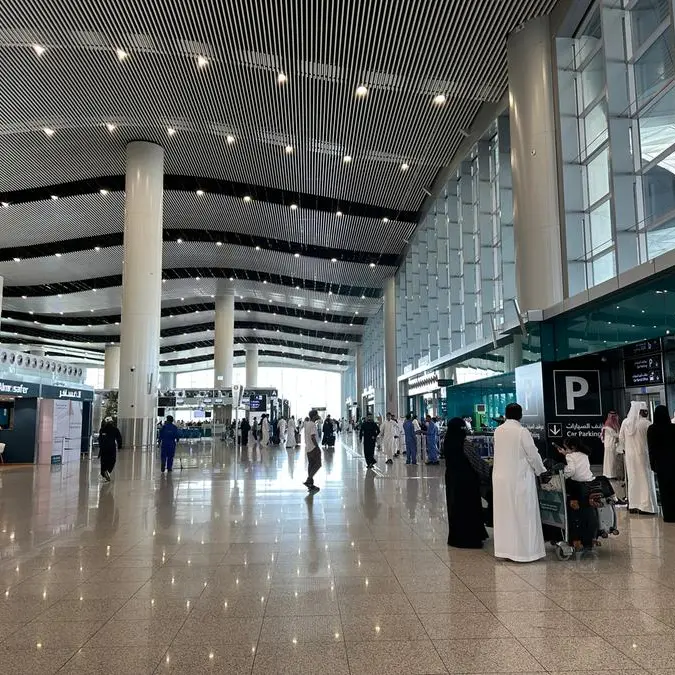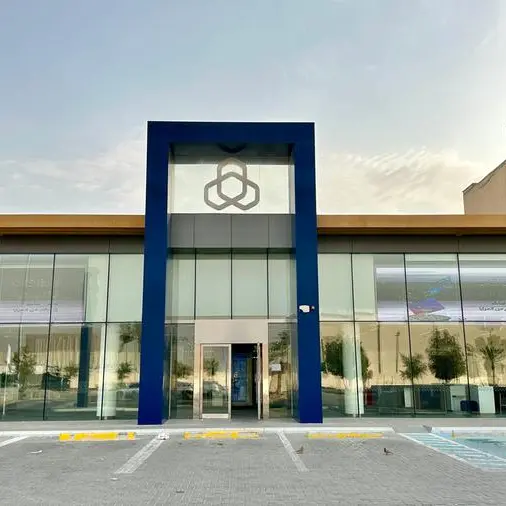PHOTO
AMMAN The Ministry of Water and Irrigation said that there have been no official notifications from the World Bank (WB) regarding the Red-Dead Water Conveyance project, and that the ministry has not contacted the bank either.
The Amman-Aqaba Water Desalination and Conveyance National Project (AAWDC), which was launched in February 2020, will move forward unaffected, Spokesperson of the Ministry of Water and Irrigation Omar Salameh told The Jordan Times on Sunday.
The AAWDC has nothing to do with the Red-Dead Water Conveyance Project and the ministry continues to put forth massive efforts in implementing it, Salameh said.
The Red-Dead Water Conveyance Project is a planned pipeline to run from the coastal city of Aqaba by the Red Sea to the Dead Sea. It will provide potable water to Jordan, Palestinian Authorities and Israel, according to Dureid Mahasneh, chairman of Edama Jordan.
Mahasneh said that WBs withdrawal from the project does not indicate that the project has failed, rather it is not a priority for them at this time.
As an international water expert, Mahasneh stressed that there are no risks to Jordans water future or the project itself, despite the World Banks announcement of their withdrawal from the project.
The project could be implemented through other international donors such as the US government and the EU. The project is expected to provide Jordan with 650 million cubic metres annually of potable water, he said.
Mahasneh added that Red-Dead Water Conveyance projects objectives are to provide more potable water for the Kingdom as well as to raise the water level in the Dead Sea given it currently drops at a rate of half a metre every year.
Despite the presence of determinants for the quantities of water coming from the Red Sea to the Dead Sea, the possibility of benefitting from the saline water resulting from the desalination process by pumping it to the north of the Dead Sea instead of its south, so that it does not have a negative impact on Jordanian potash projects, provided that these quantities do not exceed the amount of 400 million cubic meters, Mahasneh noted.
Copyright The Jordan Times. All rights reserved. Provided by SyndiGate Media Inc. (Syndigate.info).





















